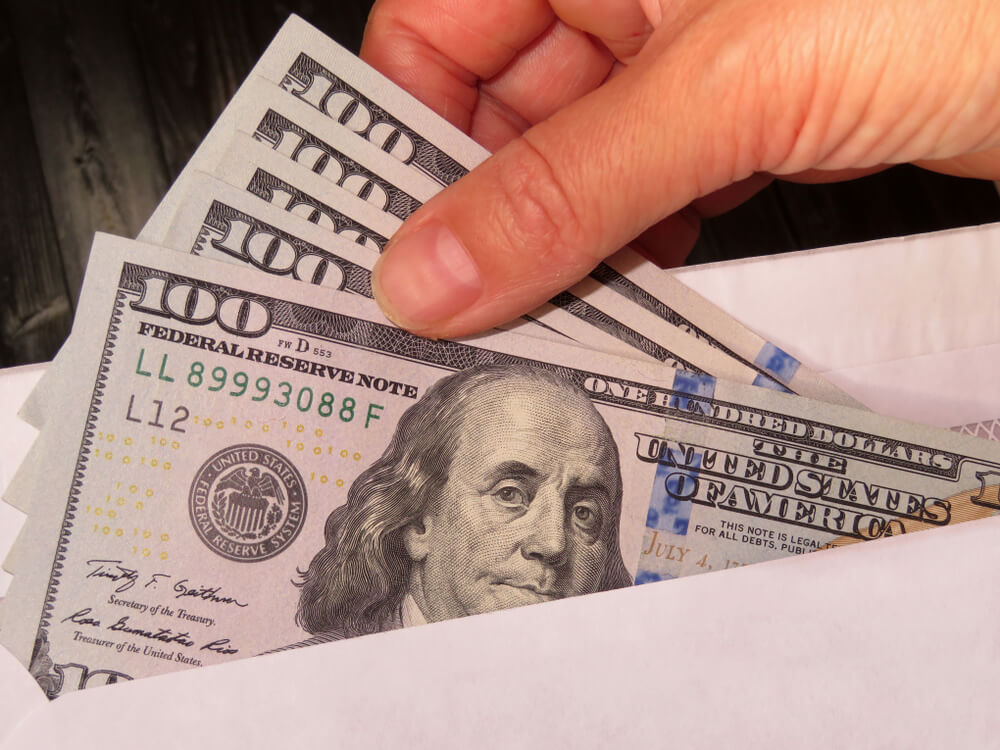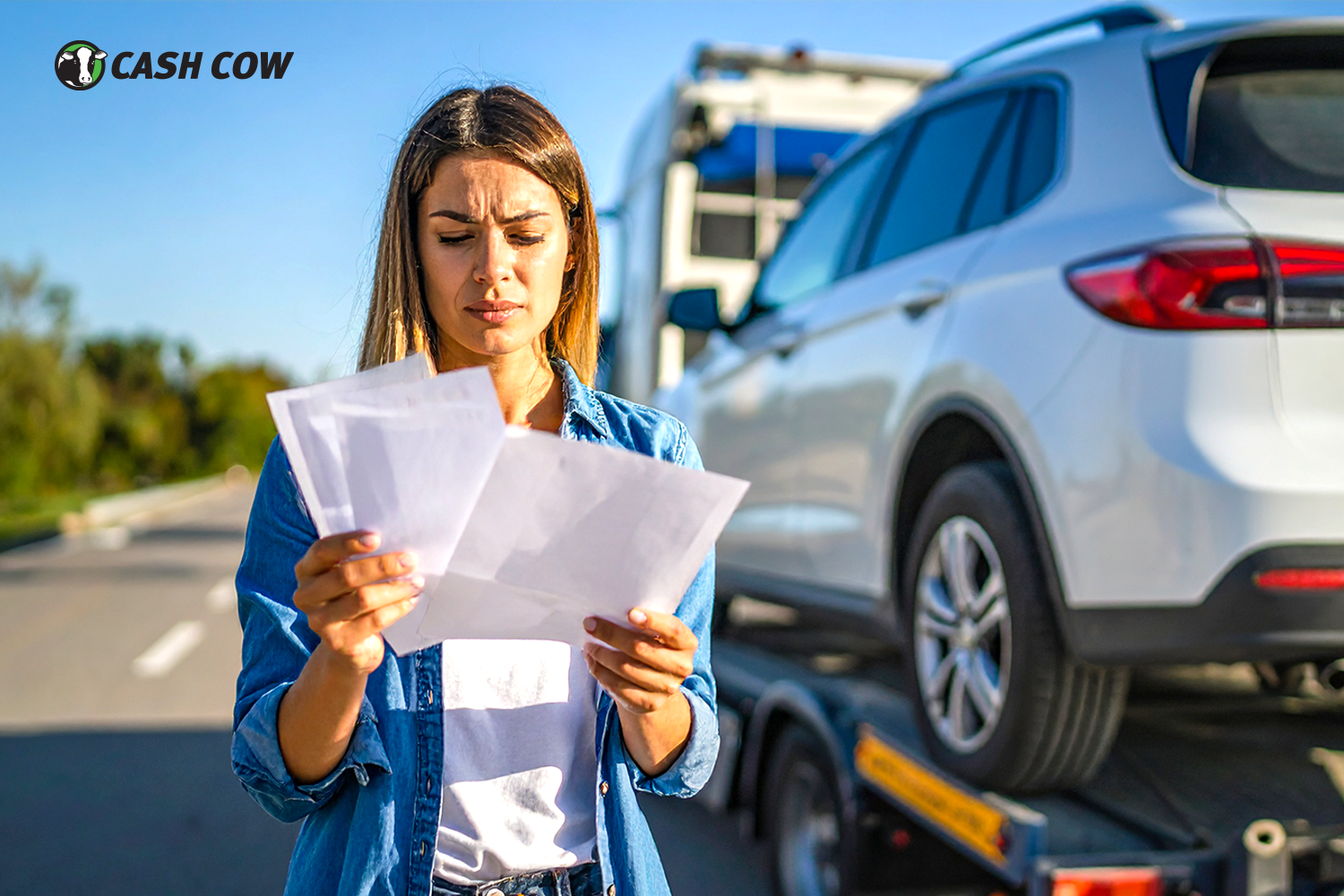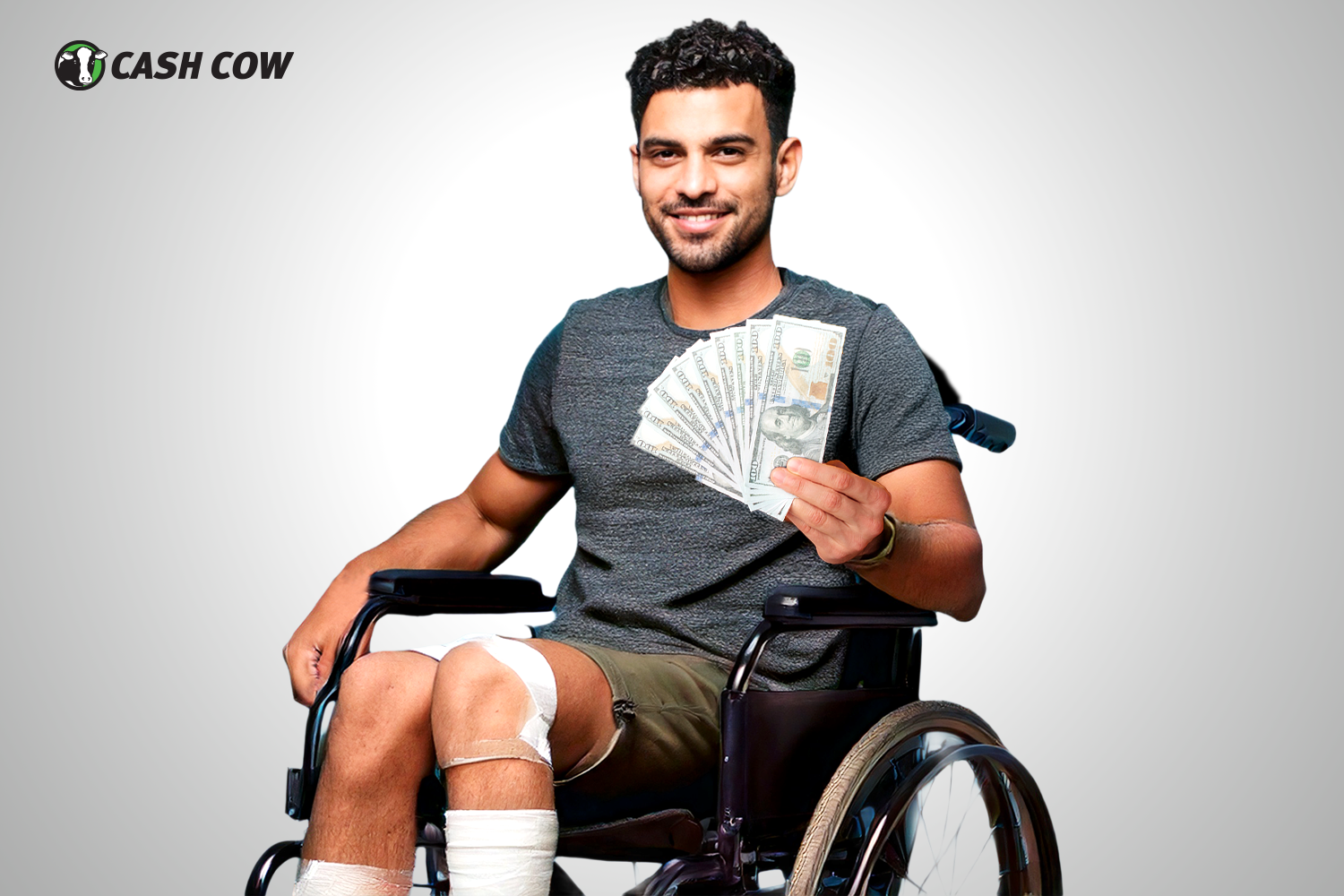Learning how to plan a budget is probably the best thing you can do to achieve financial security. Even more important than increasing your income.
After all, spending money is easy, there are plenty of people living paycheck to paycheck while making six figures. But if you know how to control money, you can have financial stability no matter how much you make.
And if you truly wish to have that – learning how to plan a budget is the unavoidable step. In this article, we are offering you to take the first step to becoming self-sufficient with your finances, and you can do this with the help of our Personal Finance 101 Guide.
Personal Finance 101 Guide to Creating a Budget
1. Know Your Income and Expenses
First things first, when learning how to plan a budget, you need to figure out what you’re budgeting for and how much you have to budget with.
This means you need to 1) figure out what your monthly NET income is (no taxes, no deductions, etc.); 2) pour over your bank transactions and figure out what your monthly expenses are.
RELATED: Read our Personal Finance for Dummies guide.
2. Budget for Necessary Expenses First
A big step towards controlling the money is getting rid of unnecessary expenses.
Unfortunately, some expenses are unavoidable. Those are the ones you need to budget for first. As that’s the money that will be going away no matter what you do, might as well get it out of the way and figure out what portion of your income is “flexible”.
3. Prioritize Saving Over Spending
After the necessary expenses are out of the way, you should figure out how much money you’re comfortable with putting away in savings.
Ideally, that should be around 20% of your income. But since that may not always be achievable, your first step should simply be to start. Even if we’re only talking about 5% - as long as you’re making the first step, it’s already a win.
Automate your savings and treat it like a pay cut. Not spending the money is always easier when the money is unreachable. Remember: your mindset and discipline play the primary role in becoming a master of Personal Finance 101.
4. Give Yourself an Allowance to Curb Overspending

The easiest way to curb overspending is to budget for “extra” things beforehand. Like hangouts with friends, new clothes for the season, or even some treats at the grocery store.
Simply have a “spending” or “allowance” expense line in the budget and stick to it.
You can make it easier on yourself by getting a cash envelope simply for the “allowance” if you’re the type of person who has an easier time curbing spending when using cash.
5. Check-In and Adjust the Budget for Every Paycheck
One of the most important Personal Finance 101 rules says “A good budget is a constant work in progress”. Getting comfortable equals stagnating. It may take you some time to figure out what budget works for you – but once you do, sticking to it may become a big temptation.
Which won’t do.
For example, you shouldn’t stick to saving 5% of your income, you should try to find ways to increase it with time, which will require adjustments in the future. Follow our budgeting advice, then figure out what works – and then work to make it better.
How to Cover Unexpected Expenses
Now that you know how to plan a budget, you’re all ready to make your first step towards financial stability and becoming a Personal Finance 101 master. A working budget is where it starts.
However, just knowing how to plan a budget isn’t enough to stop you from going into a money hole – unfortunately, no one is safe from unexpected expenses that don’t neatly slot into the budgets and can be covered by a paycheck without much fanfare.
This is exactly why you should prioritize saving over any type of avoidable expense – no matter how appealing they may seem.
If you don’t have an emergency fund, you might need to resort to outside help – especially if the expense you’ve been hit by is time-sensitive and could escalate if not dealt with immediately (say a medical emergency or urgent house repair). In that case, it may be warranted to consider fast payday loans for a possible solution.

A payday loan is an accessible and easy way for someone in need of a few hundred dollars to get cash together on short notice. At Cash Cow all types of credit situations and incomes are accommodated and you can get the cash in less than a day.
Apply for a Payday Loan Now and Get Cash TODAY!
- Get the required items you’ll need to qualify for a payday loan – a valid government-issued photo ID, proof of income (your most recent pay stub), and a blank check from an active checking account in your name.
- Submit a filled-out online request form on the website and wait for a loan representative to get in touch with you.
- Follow the instructions of the loan representative and ask any questions you may have about the process.
- If approved for the payday loan – finish the final paperwork and get the cash!
Getting up to $700 could take as little as 30 minutes, with Louisiana payday loans, so start right now to get your cash today!
Note: The content provided in this article is only for informational purposes, and you should contact your financial advisor about your specific financial situation.







